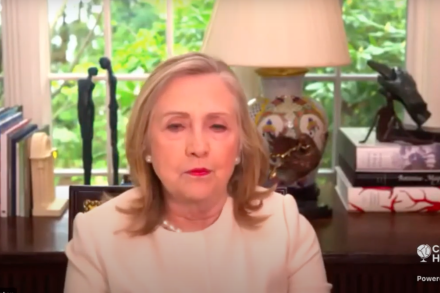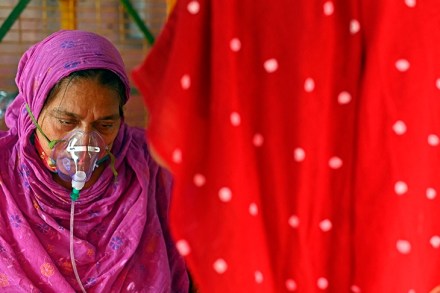Did I catch Covid from a naked-rumped tomb bat?
Laikipia Until I promised to slaughter a fat-tailed sheep with a goat thrown in for a feast, the farm cowhands looked doubtful about going for their vaccinations. ‘Come on, it won’t hurt you,’ I cajoled. A panther-like man I’ve seen pursuing bandits with a rifle and reckless courage announced that he was frightened. The others nodded and rubbed their left arms. But at the offer of meat and sizzling fat over an open fire, everybody cheered up. Time was running short. A village clinic two hours away in Maasai country had phoned to say its supply of doses was sitting there unused and would I urgently muster some people? Vaccine





















